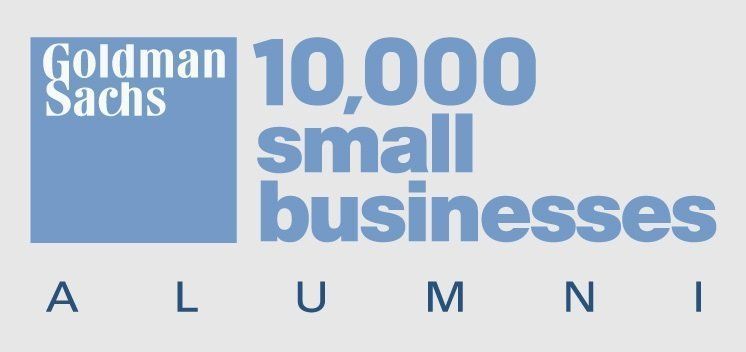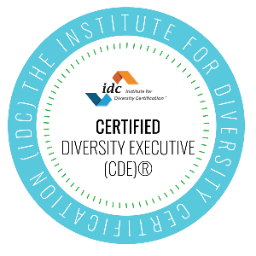How To Build Psychological Safety For Inclusion And Accountability
The brilliant Amy Edmondson, Novartis Professor of Leadership and Management at Harvard Business School, catapulted the idea of Psychological Safety into the DEI and business space. According to Edmondson, “psychological safety is a belief that one will not be punished or humiliated for speaking up with ideas, questions, concerns, or mistakes.”
The goal is to avoid catastrophic mistakes in your business by opening the door for employees, colleagues, and stakeholders to raise concerns in a safe, open environment. However, not every business has an environment of psychological safety where team members can express concerns, share ideas, or ask questions without being gaslit, ignored, or disregarded.
This is especially true for diverse teams. Companies with LGBTQIA+, people of color, and team members with disabilities should pay even more attention to psychological safety. Employees who occupy a unique identity in the workplace often bring a different perspective to the table. If they’re not heard, what impact will that have on a company’s growth and development? It’s a missed opportunity. Building psychological safety isn’t only helpful for growing, healthy businesses, but it’s essential for the respect and safety of employees.
Here’s how to build psychological safety on a diverse team.
Run a 5-minute psychological safety audit
The first step towards building psychological safety is to use Edmonson’s 5-minute audit to assess how psychologically safe a work environment is. (1) The audit covers questions like: is it safe for employees to voice concerns? If they do, are they heard? Do things change? The questions below are additional questions you can use to run a 5-minute audit on your company’s psychological safety.
Ask yourself the following questions:
- If I make a mistake, will it be held against me?
- Do members of the team feel safe to bring problems and issues to light?
- Do people on the team reject others for being perceived as “difficult”?
- Is it safe to take risks?
- Is it intimidating to ask other members for help?
- Would other members of the teamwork to undermine new efforts or ideas?
- Are there unique skills and talents that aren’t being valued and utilized?
If the answers to any of these questions raise a flag for you, it could be time to build better psychological safety in the company. Here’s how.
Make it clear that people are free to express themselves
Bring it up at the beginning of a meeting, or explicitly tell each team member one by one. Ensure the entire team that it’s perfectly fine to ask questions, raise concerns, and express ideas. But, also encourage teammates to bring solutions. While naming hard things creates hope, the ability to solve those hard things requires partnership.
Amplifying the idea that each employee is free to express their thoughts in the workplace allows minority groups more assurance that speaking up is safe to do. Thus, they’ll be less fearful of judgment or ostracization for sharing concerns that better the company and everyone in it. Especially if those concerns go against the grain and encourage leadership to revisit diversity initiatives and improve the company’s inclusivity.
Be mindful of gaslighting team members
Once the freedom to express ideas is clear, be mindful of disregarding or diminishing someone else’s ideas. If someone from an underrepresented group speaks up about a serious concern, gaslighting them can make them feel shut down, dismissed, and dissuaded from sharing other important thoughts in the future.
Marginalized groups shouldn’t feel silenced or fearful of sharing. Psychological safety is key to supporting these groups in your company and giving them the space to express their ideas without holding them in and harboring stress.
Without psychological safety, people may step away from the company because they’re not supported and don’t feel respected. Clearly, this is counterproductive to building trust, safety, and inclusion for the long run. A positive team climate is foundational for psychological safety.
A big step forward means being open to hearing the thoughts of each colleague, thanking people for sharing, and committing to considering their ideas. The simple act of acknowledgment as opposed to gaslighting can be a powerful way to make others feel a sense of psychological safety in the workplace.
Avoid using psychological safety as a way to dodge accountability
As Amy Edmondson notes in her 2014 TedX talk , accountability and psychological safety are two separate areas that work hand in hand. Offering a space to share ideas, concerns, and thoughts also means holding those with the power to make change accountable. In fact, that’s a major goal of psychological safety.
The people who need the feedback, the ones who can change systems, and produce a better outcome, should be held accountable after someone shares an important concern or idea. And those who offer criticism or feedback to those in positions of power should be safe to do so.
A problem occurs when people hide behind issues that come up in the workspace. People in positions of leadership may feel ashamed about being accountable for concerns that come up. Fortunately, there is a way to effectively hold someone accountable without shame. Overall, the idea of holding folks accountable when ideas, concerns, and thoughts come up isn’t something to run from, it’s something to dive deeper into.
When there’s accountability, employees feel safer knowing that leadership has their best interests at heart and will do what’s necessary to uphold the values of the organization. This should not be confused with failing to provide psychological safety. Leadership should strategize on the best move forward given the feedback, and it may not look the way employees want it to. Employees should have trust for the process of integrating feedback and that their employer will do what they can to address their concerns.
It’s crucial for leaders to be strong and open in the face of criticism. Even if it means they have to make fundamental changes that impact the company as a whole. We need to be careful not to let the fear of psychological safety and what truths may come to light, shadow our commitment to bettering the company and the employees. Organizations also need employees who value truth and accountability, which requires openness and a growth mindset when offering constructive feedback. It boils down to this: psychological safety is a two-way street of communication, growth, and adaptation.
If we aren’t in a space to receive constructive feedback, we can easily feel as though the person giving the feedback doesn’t have our best interest in mind. It can feel like they’re pointing out only what’s wrong and bad. However, good leaders and employees can distinguish between feedback that’s promoting growth or stifling it. Although psychological safety isn’t always easy, hearing people out, deciding if it’s constructive, and making moves to improve the situation will most certainly benefit your company in the long run.
Final thoughts
Psychological safety is a middle ground where both employees and employers have to make a concerted effort to receive and adapt to feedback. Feeling challenged in the workplace by driving toward the organization’s standard of performance, can feel like one’s safety is threatened but learning the difference is important.
It’s not easy to cultivate an environment that’s open to hearing the feedback of every voice even if the critiques we hear are our fault or responsibility. Psychological safety is a powerful way to promote inclusion and accountability in the workplace. Including the voices of diverse employees, hearing their unique perspective, and making moves to improve the company is the ultimate goal. It’s in the best interest of the organization to be open to those perspectives and create an environment that holds growth and inclusion at the heart of its development. Only when employees and employers feel safe enough to hear each other and move in the direction of growth will organizations reach psychological safety.
Citations:
Edmondson, A. (1999) Psychological Safety and Learning Behaviour in Work Teams. Administrative Science Quarterly, 44: 350-38















